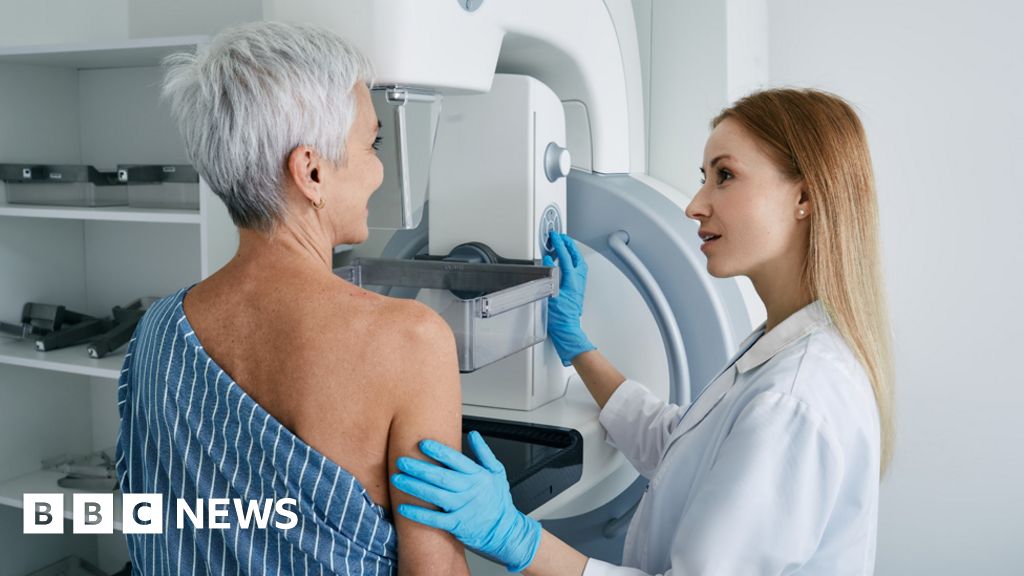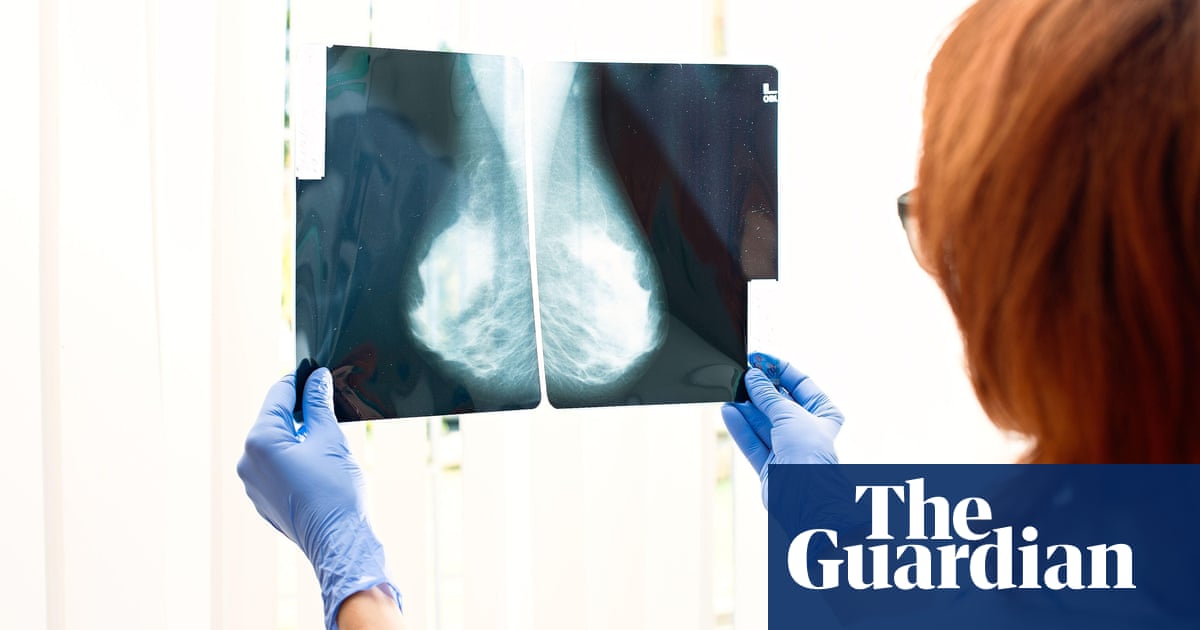A development has emerged in England, where thousands of women are set to benefit from a risk-reducing drug that could reduce the incidence of breast cancer. Anastrozole, a medication that has been used for years in the treatment of breast cancer, has now received approval as a preventative option.

Also Read: Delhi Air Pollution: Air Quality Remains in ‘Severe’ Category
This development comes after recent trials demonstrated that Anastrozole can reduce the incidence of breast cancer by nearly 50% in post-menopausal women at high risk of the disease.
The licensing of Anastrozole as a preventative option represents a step forward in the battle against breast cancer. Charities and healthcare professionals have supported this decision.
Particularly for women with a family history of the disease. An estimated 289,000 women in England could be eligible for this drug, and if a quarter of them opt for it, it could help prevent 2,000 cases of breast cancer in England.
Not only does this have an impact on the lives of these women, but it could also save the healthcare system £15 million in treatment costs.
Anastrozole is an off-patent drug, which means that multiple companies can produce it, making it an affordable option at around 4p per day per user. This accessibility is an aspect of its success in preventing breast cancer.
Anastrozole is classified as an aromatase inhibitor, a type of medication that works by reducing the amount of the hormone estrogen produced by the body.
It achieves this by blocking an enzyme called aromatase. In post-menopausal women, estrogen can stimulate the growth of hormone-sensitive breast cancer cells.
By inhibiting the production of estrogen, Anastrozole can help reduce the risk of these cancer cells developing.
Also Read: Red Meat Linked to Risk of Type 2 Diabetes
Patients are required to take a 1mg tablet of Anastrozole once a day for five years as a preventive measure.
Importantly, the protective effect of this drug can persist for years after the patient stops taking it. While Anastrozole has demonstrated promise in reducing the risk of breast cancer, like any medication, it may come with side effects.
The most common side effects include hot flushes, feelings of weakness, joint pain or stiffness, arthritis, skin rash, nausea, headaches, osteoporosis, and even depression.
Patients who experience these side effects should consult with their healthcare provider or pharmacist for guidance and possible adjustments to their treatment plan.
Anastrozole’s approval as a preventative option is particularly because it offers an alternative to existing treatments like tamoxifen, which is already available as a preventative measure for breast cancer.
Research indicates that Anastrozole may be more effective at protecting against the disease and have fewer side effects than tamoxifen.
For years, women at high risk of developing breast cancer have had concerns about side effects associated with tamoxifen, including blood clots and, in some cases, the development of endometrial cancer.
Anastrozole appears to have a more favorable side effect profile in comparison. This makes it a more attractive choice for women looking to reduce their breast cancer risk.
Also Read: Bird Flu Reappears in US Commercial Poultry Flocks
The eligibility for Anastrozole as a preventive measure is based on individual risk factors, particularly family history and post-menopausal status.
Women who have a family history of breast cancer, where close family members have been diagnosed at a younger age or multiple family members have developed the disease, are considered eligible candidates for this treatment.
Furthermore, women with specific genetic mutations, such as BRCA1 and BRCA2 gene mutations, are also at a higher risk of developing breast cancer.
These mutations increase the likelihood of breast cancer and often manifest at a younger age. Anastrozole offers hope for this group of women to reduce their risk and avoid the journey of battling breast cancer.
Breast cancer is the most common cancer in England, with over 47,000 women diagnosed each year. This disease affects women of all ages, but it is more prevalent in those over 50.
The introduction of Anastrozole as a preventative option could revolutionize the way breast cancer is addressed and reduce its incidence.
According to the NHS, most women in the UK have a 15% chance of developing breast cancer in their lifetime. However, this risk increases for those with genetic mutations or a strong family history of the disease.
For example, out of every 100 women with a BRCA1 gene mutation, 65 to 85 will develop breast cancer in their lifetime. These statistics highlight the importance of preventative measures like Anastrozole.
Also Read: Tyson Recalls Nearly 30,000 Pounds of Chicken Nuggets
























